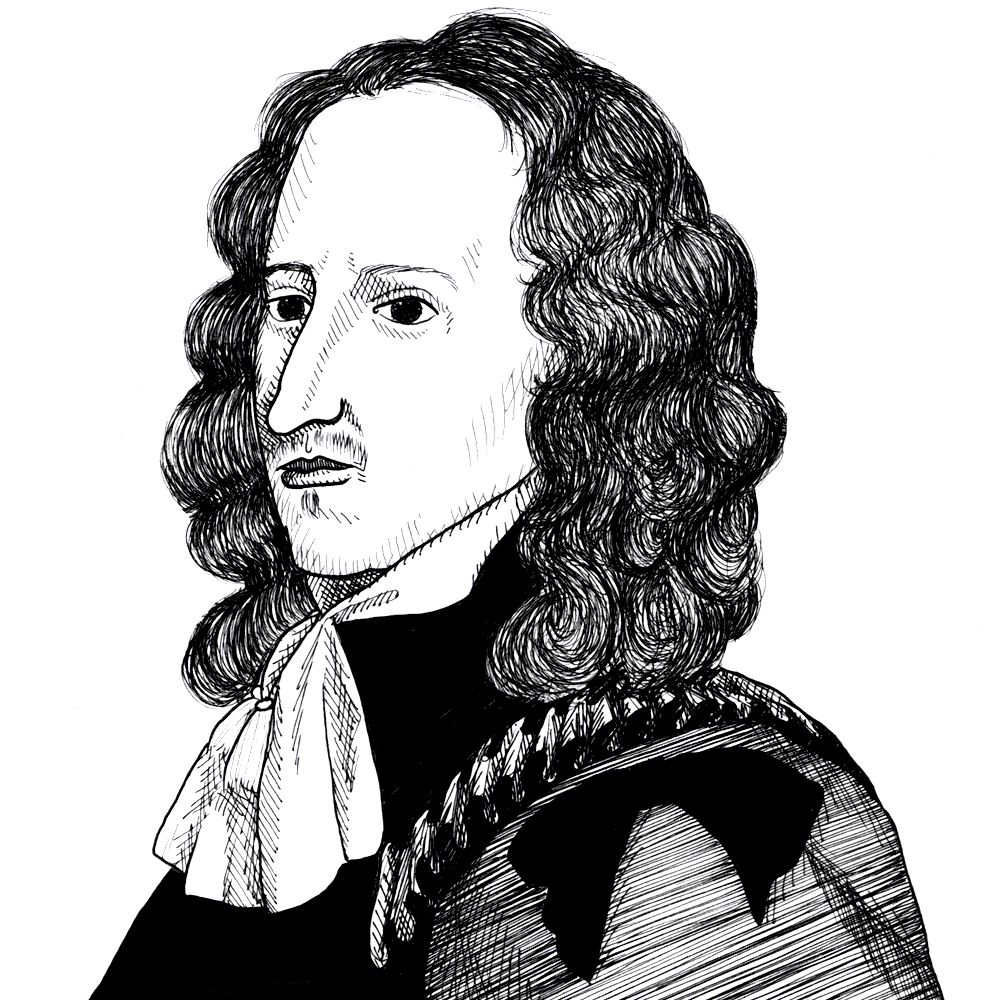
Algernon Sidney on how the absolute state treats its people like cattle (1698)
Found in: Discourses Concerning Government
The English radical republican Algernon Sidney (1623-1683) argues that absolute rule over others means that the people are treated like so many oxen who are only fed so “that they may be strong for labour, or fit for slaughter”:
Class
They (Princes) consider nations, as grazers do their herds and flocks, according to the profit that can be made of them: and if this be so, a people has no more security under a prince, than a herd or flock under their master. Tho he desire to be a good husband, yet they must be delivered up to the slaughter when he finds a good market, or a better way of improving his land. … they look upon us not as children, but as beasts, nor do us any good for our own sakes, or because it is their duty, but only that we may be useful to them, as oxen are put into plentiful pastures that they may be strong for labour, or fit for slaughter. This is the divine model of government that he offers to the world.